Redefining Exercise: Discover the Life-Changing Benefits of Regular Exercise
Exercise is often viewed simply as a physical activity to get in shape, lose weight, or build muscle. However, exercise is much more than that. It is a life-changing force that impacts both your body and mind in ways you may not even realize. Whether it’s through increasing your energy, boosting your mood, or promoting longevity, movement can drastically transform your life.
In this article, we will dive into the true meaning of exercise, explore its benefits beyond just physical fitness, and provide insights into how it can improve your overall well-being. If you’ve been thinking about exercise as just a way to stay fit, it’s time to redefine how you view it and learn how to make it a part of your life in a meaningful and sustainable way.
What Does Exercise Really Mean?
Exercise is often defined as physical activity that is planned, structured, and performed with the purpose of improving or maintaining physical fitness. While this is a common understanding, it’s important to recognize that exercise doesn’t have to be confined to the gym. In fact, exercise is any form of movement that engages your muscles, improves your cardiovascular health, or challenges your body to function better.
It can include walking, swimming, dancing, or even tasks like gardening or playing sports. The key is that these activities get your body moving, improving both your physical and mental health in the process.
Exploring the True Definition of Exercise
Exercise can be broken down into several categories, each providing different types of benefits. These include:
- Aerobic exercises like running, cycling, or swimming, which improve your cardiovascular health.
- Strength training such as weightlifting, which builds muscle and bone density.
- Flexibility and mobility exercises, like yoga or stretching, that enhance joint function and reduce injury.
- Balance and coordination exercises, important for overall stability and injury prevention, especially as you age.
By broadening your view of what exercise can be, you open up new possibilities for incorporating movement into your daily life.
How Exercise Transforms Your Body and Mind
While the physical benefits of exercise are well-known, the positive effects on mental and emotional health are equally significant. Here’s how exercise can transform both your body and mind:
Physical Benefits: From Strength to Stamina
Exercise is vital for maintaining physical health. Regular activity helps regulate body weight, boosts metabolism, and strengthens your heart, lungs, muscles, and bones. Engaging in physical activity improves circulation, reduces the risk of chronic diseases like heart disease and diabetes, and can even enhance your immune system.
One of the key benefits of regular exercise is its ability to increase stamina. Over time, your body adapts to physical stress, improving endurance and making everyday tasks feel less challenging. This increased stamina not only makes you physically stronger but also enhances your overall energy levels throughout the day.
Mental Benefits: Boosting Mood and Reducing Stress
Exercise is a natural mood booster. When you work out, your body releases endorphins, which are chemicals that trigger positive feelings and reduce feelings of stress, anxiety, and depression. Studies have shown that consistent exercise can improve sleep quality, reduce the symptoms of anxiety, and contribute to a sense of well-being.
Moreover, exercise provides an opportunity for you to disconnect from daily stressors and focus solely on your body’s movement. Whether you’re lifting weights, going for a run, or practicing yoga, this time spent in motion can offer a mental break and promote clarity and relaxation.
Exercise: More Than Just a Workout
When you think of exercise, the first image that likely comes to mind is a gym or fitness class. But exercise is so much more than structured workouts. It’s about finding ways to incorporate movement into your daily routine and making it an enjoyable part of your lifestyle.
Incorporating Movement Into Your Daily Life
Exercise doesn’t have to mean spending hours at the gym. It can be as simple as taking the stairs instead of the elevator, going for a brisk walk after dinner, or playing with your dog in the park. Any activity that gets your body moving counts as exercise and contributes to your overall health.
For example, gardening, cleaning the house, or playing sports can all be considered forms of exercise. These activities might not seem intense, but they keep your body moving and your muscles engaged, offering a range of health benefits.
Redefining Fitness in the Modern World
In today’s world, many people struggle with the idea that fitness only means one thing—intense gym workouts. However, fitness can take many forms. It’s not just about building muscle or losing weight; it’s about creating a balanced lifestyle that prioritizes movement and health. Embracing movement in all its forms can improve your health and bring you more joy.
Types of Exercises That Can Change Your Life
Not all exercises are created equal, and each type of exercise serves a different purpose. By incorporating different types of movement into your routine, you can reap a wide range of benefits.
Cardio: Energizing Your Body and Mind
Cardiovascular exercise, or cardio, involves activities like running, cycling, swimming, and dancing. These exercises elevate your heart rate, improving circulation, heart health, and overall stamina. Cardio exercises are excellent for burning calories and improving endurance. They also have a profound effect on mental health, reducing stress, boosting energy levels, and improving mood.
Strength Training: Building Resilience and Confidence
Strength training involves exercises like weightlifting or bodyweight exercises (push-ups, squats, etc.) that focus on building muscle. This type of exercise not only helps increase muscle mass but also strengthens bones, improves posture, and boosts metabolism. As you see your strength increase, so does your confidence, making strength training a powerful tool for both physical and mental well-being.
Flexibility and Mobility: Unlocking Your Potential
Incorporating stretching, yoga, or Pilates into your routine helps enhance flexibility, balance, and mobility. These exercises improve joint health and reduce the risk of injury. Regular flexibility exercises promote relaxation and better body awareness, allowing you to move more efficiently in everyday activities.
Syner Nutrition: Fueling Your Exercise Journey
At Syner Nutrition, we understand the importance of pairing effective exercise routines with the right nutrition to maximize your results. Our range of high-quality supplements, including proteins, amino acids, and other fitness nutrition products, are designed to support your body’s needs during exercise and recovery.
Whether you’re looking to build muscle, increase endurance, or recover faster, Syner Nutrition offers products tailored to meet your goals. Our protein powders, such as the Applied Nutrition Iso-XP, provide the essential building blocks your muscles need to grow and repair. With the right balance of nutrients, you can enhance your performance and feel your best.
Regular exercise combined with the right nutrition from Syner Nutrition can help you achieve your fitness goals, whether you’re just starting your fitness journey or looking to take your performance to the next level. Discover our full range of products at Syner Nutrition and fuel your workout with the best nutrition available.
How to Make Exercise a Sustainable Part of Your Routine
Starting an exercise routine is one thing, but making it a sustainable part of your life is another. Here are some tips to help you make exercise a regular habit:
Finding an Exercise You Enjoy
The most sustainable exercise routine is one that you enjoy. When you enjoy the activity, you’re more likely to stick with it. Experiment with different types of exercise to see what you like best. Whether it’s yoga, swimming, or hiking, find what feels good for you.
Setting Realistic Goals for Lifelong Fitness
Setting achievable, realistic goals is key to staying motivated. Start small with attainable goals, and gradually increase the intensity or duration of your workouts as your body adapts. Remember that consistency is more important than perfection.
The Lifelong Benefits of Regular Exercise
Exercise isn’t just about short-term results; it’s a lifelong investment in your health. Regular exercise can prevent chronic diseases, improve quality of life, and help you age gracefully. Whether you’re 20 or 60, staying active can enhance your mobility, reduce the risk of illness, and improve mental clarity as you get older.
FAQs
1. How much exercise should I do each week?
It’s generally recommended to aim for at least 150 minutes of moderate-intensity aerobic activity or 75 minutes of vigorous-intensity activity per week, along with muscle-strengthening activities on two or more days.
2. Can I exercise if I have a chronic condition?
Yes, but it’s important to consult with your doctor before starting a new exercise routine. Exercise can often help manage chronic conditions, but it’s essential to tailor your activity to your abilities and needs.
3. What type of exercise is best for beginners?
For beginners, low-impact exercises like walking, swimming, or cycling are great options. These exercises are gentle on the joints and allow you to build endurance and strength gradually.
Conclusion:
By redefining exercise as more than just a way to stay fit, you can unlock its full potential as a transformative force in your life. Whether you’re looking to improve your physical health, reduce stress, or boost your mood, movement is key. So, make exercise a part of your routine and start reaping the countless benefits today!
To fuel your fitness journey and optimize your results, explore the high-quality supplements available at Syner Nutrition. From protein powders to amino acids, we have everything you need to support your workouts and help you reach your goals. Visit us today and take the first step toward a healthier, stronger you!
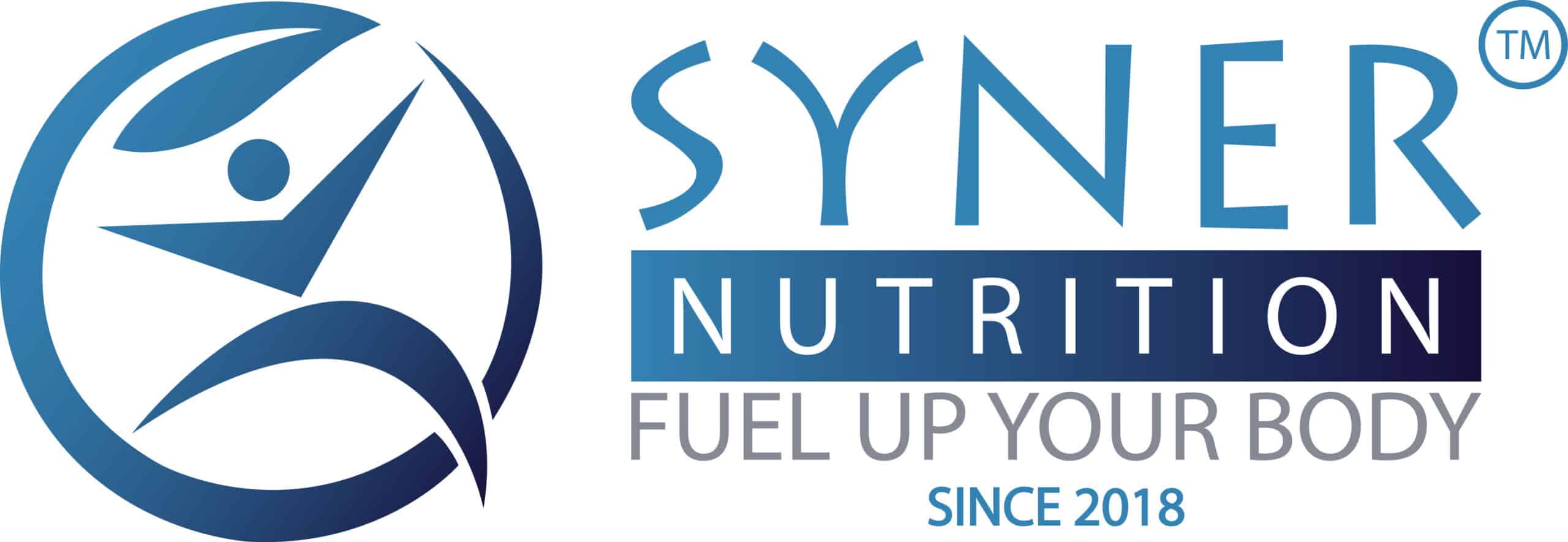
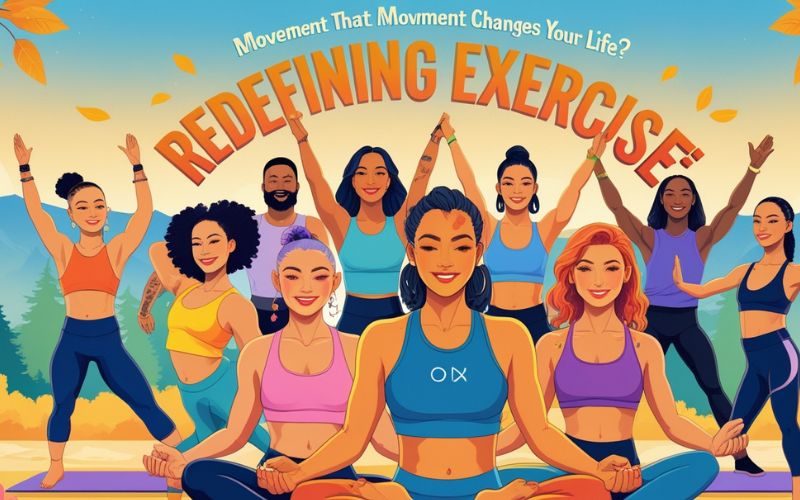


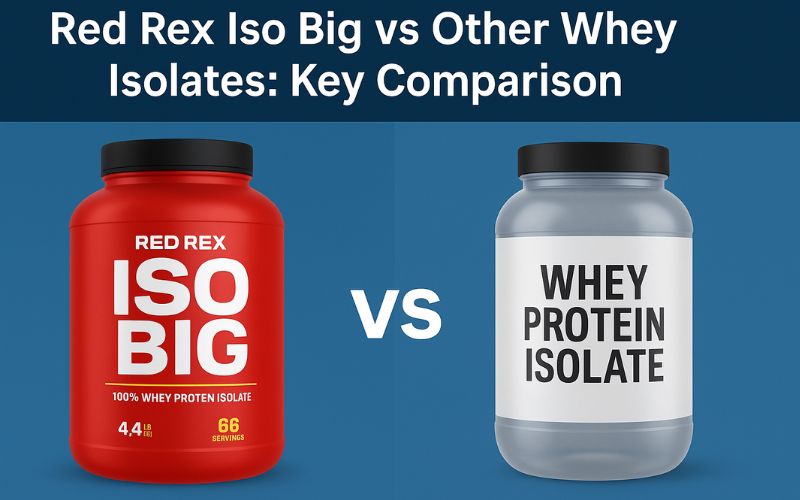
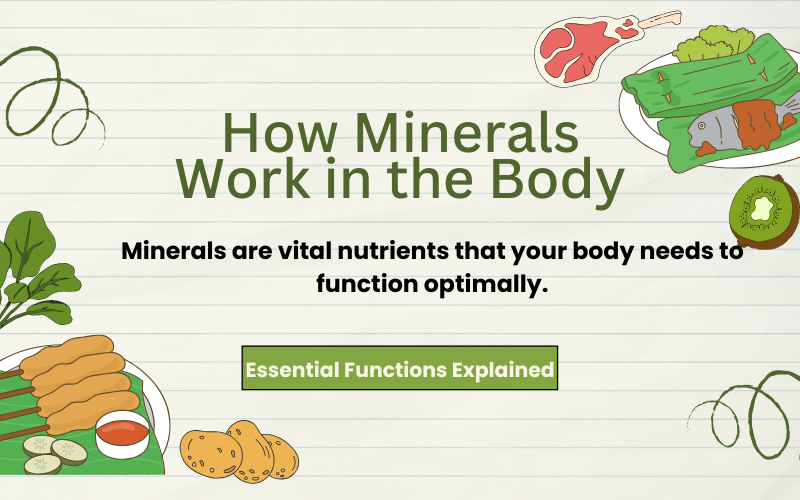

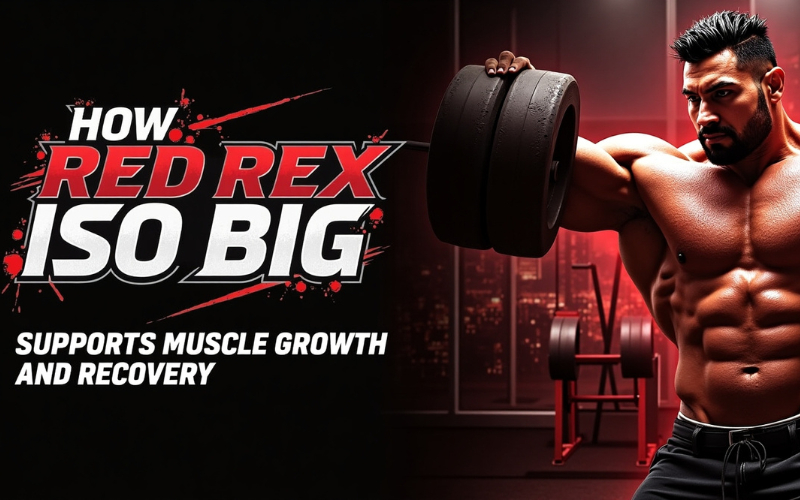

Add comment